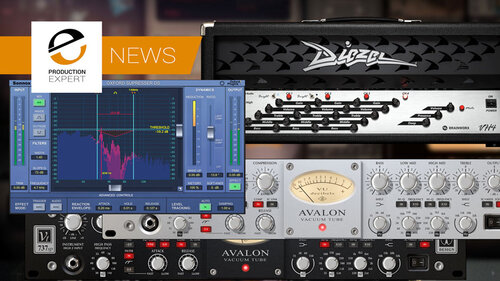
The I/O buffer size - which is found in Console Settings on Windows, and in the DAW settings on Mac - determines how much time (in samples) the host CPU has to move the digital audio to and from the UAD-2 device. The processing of the digital audio is handled exclusively by the UAD-2 device, however the host CPU is still involved as it transfers the digital audio data to and from the UAD-2 device. When adding a UAD plug-in to a track in your DAW, the digital audio data must travel out of the host computer and to the UAD-2 device where it is processed. Using this method of external processing leaves the host CPU free to handle the processing of DAW functions and other native tasks, but it does affect the way you need to configure your DAW when using UAD plug-ins.


UAD Powered Plug-Ins differ from native plug-ins in that they are processed exclusively by the DSP inside of our UAD-2 DSP Accelerator and Apollo devices, rather than being processed by the host CPU as native plug-ins are.


 0 kommentar(er)
0 kommentar(er)
